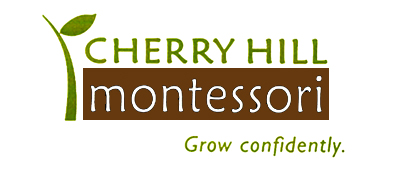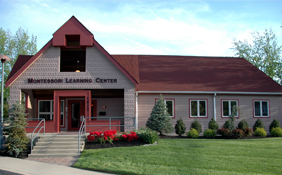Each school year the teachers at Cherry Hill Montessori attend workshops to fulfill New Jersey’s requirements for teachers in early childhood education. I enjoy these workshops and often receive useful and helpful information. I recently attended a workshop in October and enjoyed it very much. I enjoyed this workshop for the usual helpful information it provided, but this time I also received an ‘aha’ moment. I was so excited about this and wanted to share it.
Sometimes during class I am interrupted by an excited child with news of his or her experience at home, the store, or a visit with grandparents.
For example, I was reading a book titled A Porcupine Named Fluffy by Helen Lester. It is a great story about parents deciding on the best name for their child. This story is a great way to start a dialog about one’s name and its importance. In the middle of the story, one of my students yells out “I went bowling with my Grandpop”. My first reaction was to assume the child was not paying attention to the story or was interrupting on purpose. The information I received at the workshop made me realize, and understand, this may not always be the case.
The brain contains special nerves called neurons. It contains about one hundred billion of them. These neurons are very important; in fact, they are the basic building blocks of the brain. Every time we experience something, a neuron in the brain ‘fires’ or becomes ‘excited’. This something doesn’t have to be good or bad. Neurons do not know the difference. They simply react to whatever happens. Neurons have to connect with other neurons. Once fired, a message goes to the end of the neuron which is then passed to the other neurons it is connected to. The message that gets passed along depends on what the experience was. This is what was happening to my student that suddenly got very excited about bowling with his Grandpop. The chain of messages in the brain was started again and quickly led to his excitement. These connections play a very important role in how children learn. We learn best when our brains connect new things with something which is already there. The more connections we can make, the bigger the chain of learning that will develop. The bigger the chain of learning, the more chance we have to make sense of something and to remember it. It gives us more connections and more options. So the next time you’re in a conversation or reading a book to your child and he suddenly changes the topic, remember you may be witnessing this amazing connection.
Enjoy every moment!
Miss Neicy


